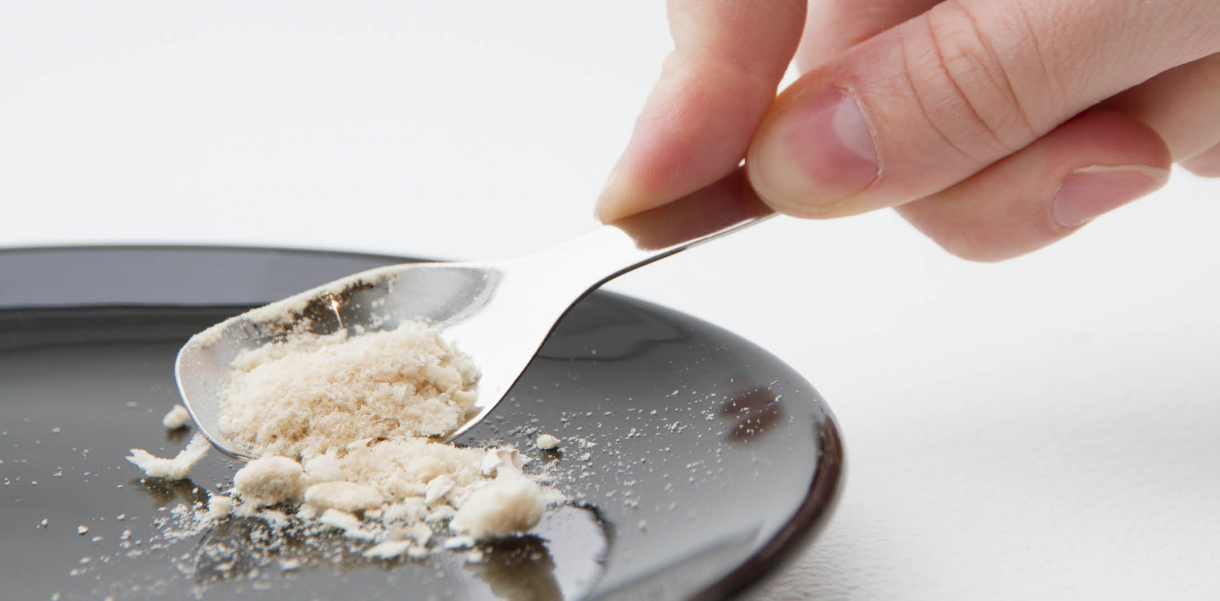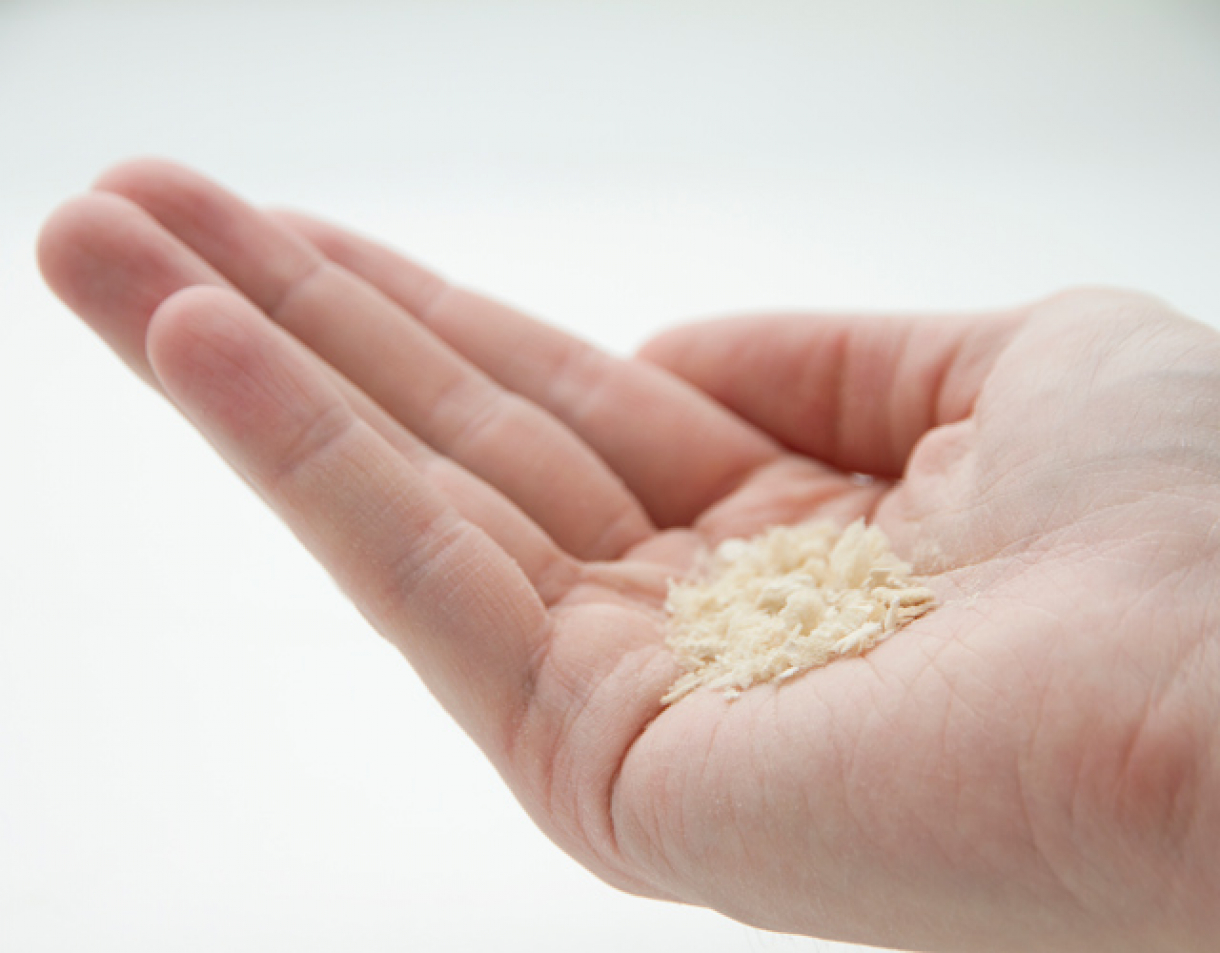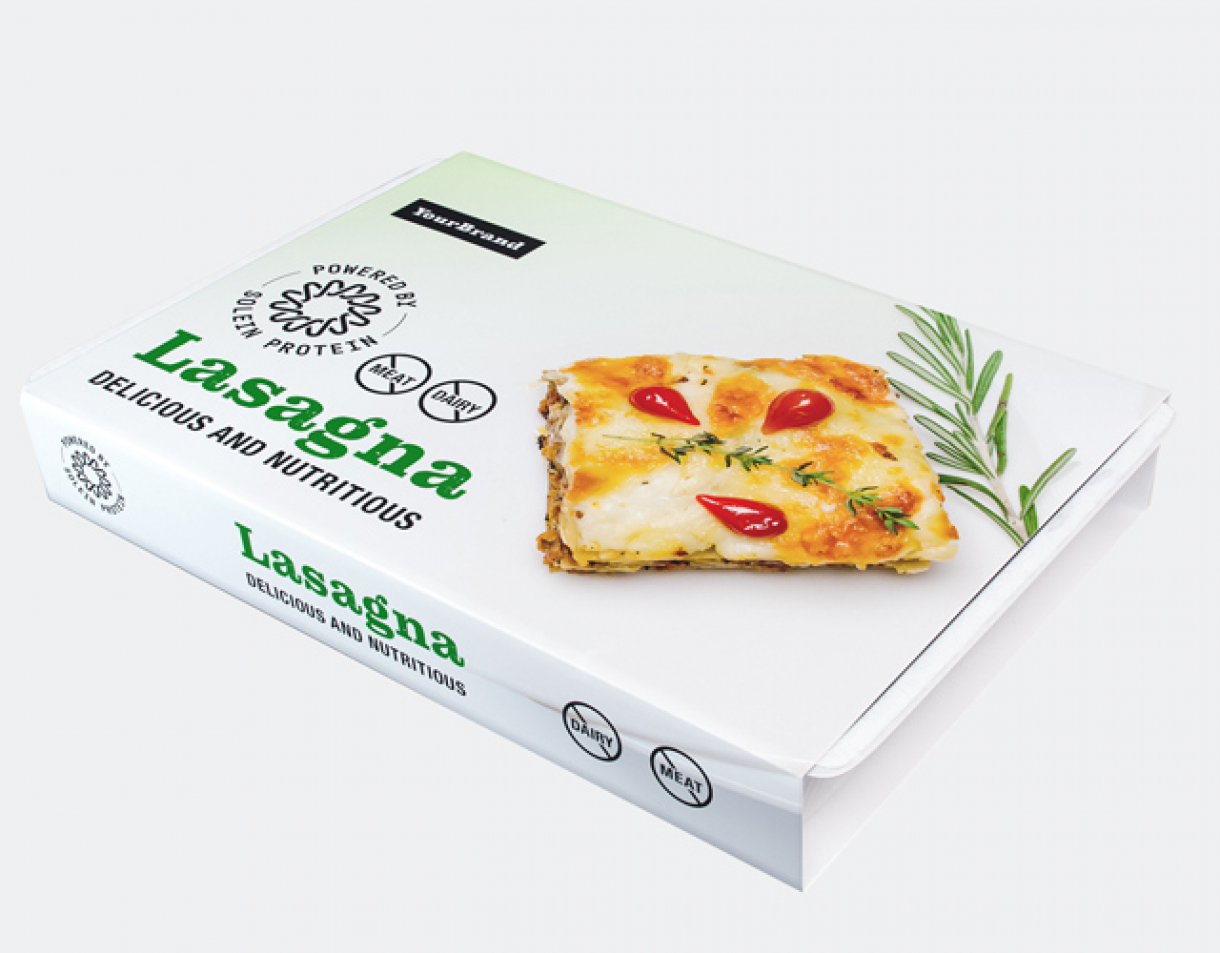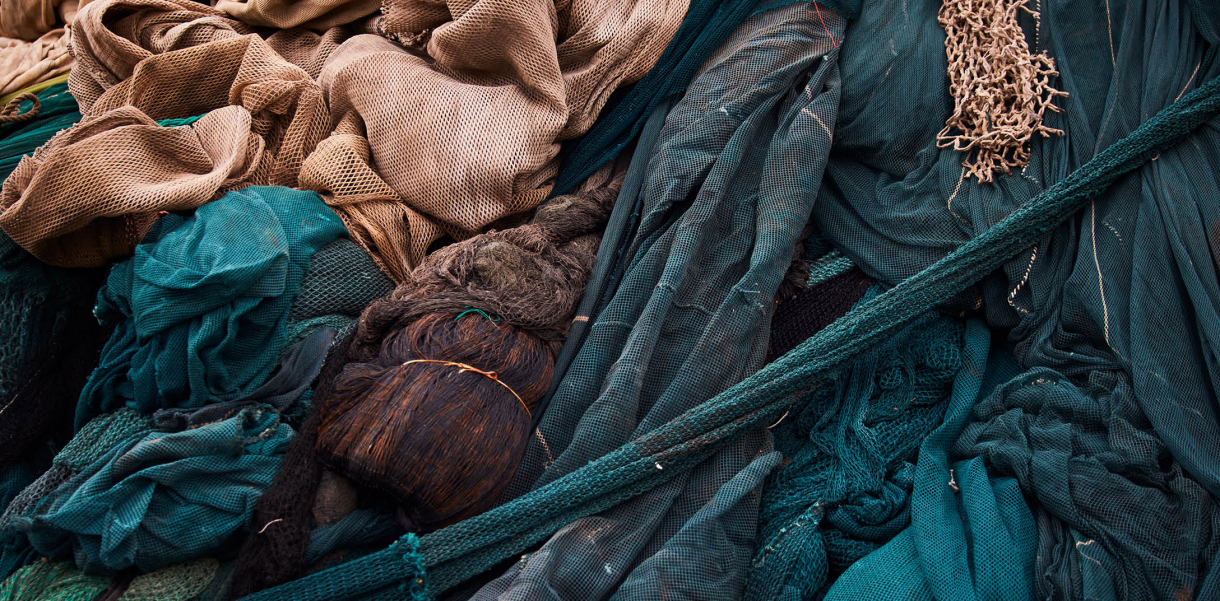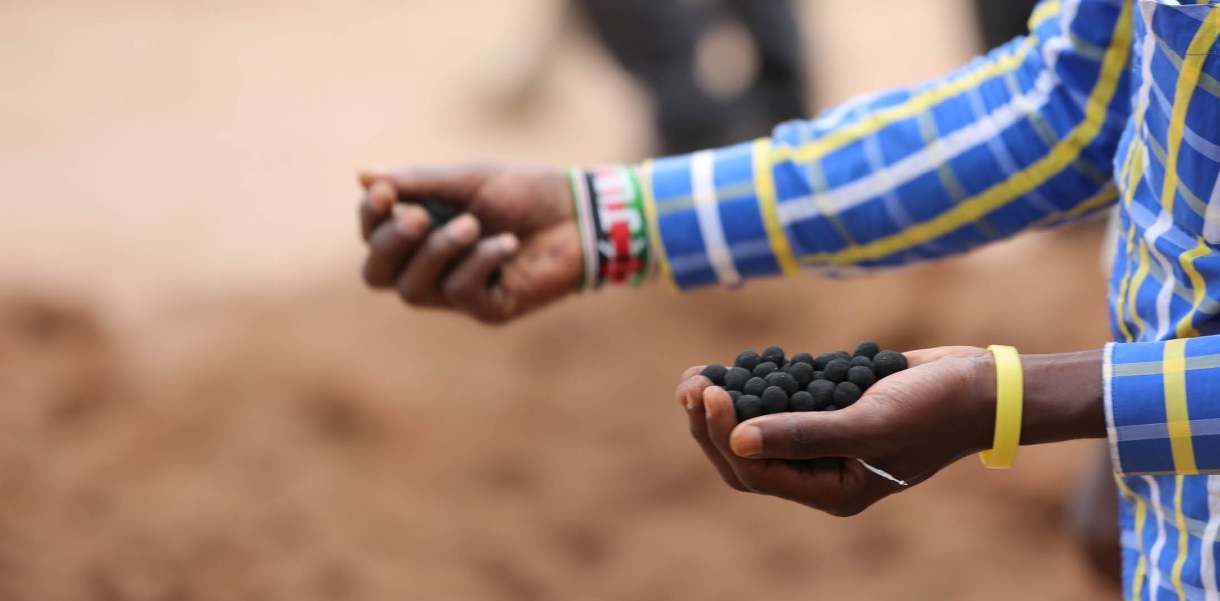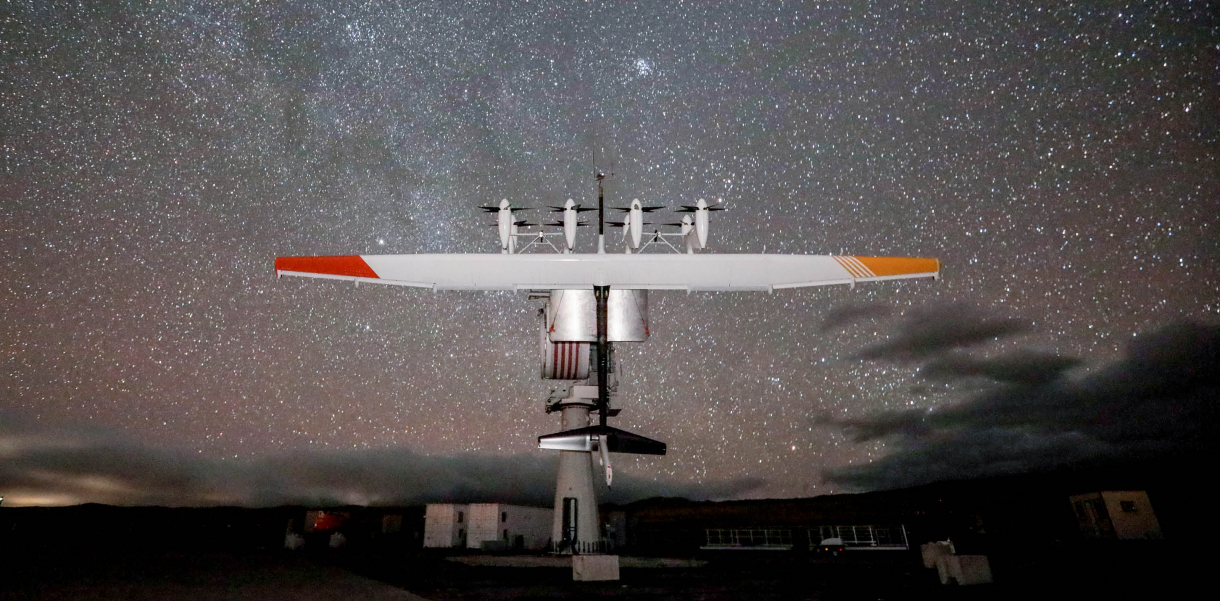Up to 25% of the greenhouse gas emissions are a result of our food system. To avoid irreparable damage, we’ve been given about 30 years to cap the problem. But, within that time, the global population is projected to grow by two billion. We desperately need to develop a fundamentally more efficient food system.
Creating food out of thin air seems like a sci-fi fantasy. But as Pasi Vainikka, CEO of Solar Foods puts it: “science is like magic but real”. Vainikka and his team have, in fact, made the impossible, possible. They’re unlocking natural protein from mother nature by producing an entirely new kind of sustainable protein called “Solein”. This, what seems to be a miracle substance, is made using CO2 and electricity.
The initial idea came from a “boundary-crossing cooperation” of industrial biotechnology and energy engineering. This led to the groundbreaking discovery of how to create food —in the basic form of amino acids, sugars, fats and vitamins— without agriculture or specific weather or climate needs. “The solution was to use a cell as a factory,” explains Vainikka.
Technically, Solein is a single-cell protein that’s produced using gas fermentation technology. Naturally occurring organisms are typically grown in a bioreactor using sugars. But, to produce Solein, the microbes use CO2 as the carbon source and hydrogen as the energy source. After the fermentation, the substance is then extracted and dried.
“Science is like magic but real.”
The edible 'result' is composed of about 50% protein, 20-25% carbohydrates and 5-10% fats. And, because the process requires minimal resources, it can be easily scaled and produced almost anywhere, from the blistering Sahara Desert to the icy North Pole — or even on Mars.
The unique Solar Foods process is 10 times more energy-efficient per hectare than photosynthesis, and 10 to 100 times more climate-friendly and efficient in water use than animal or plant-based alternatives. Its production is also cost-competitive with almost all proteins.
Currently, Solar Foods is operating a pilot plant in Finland that can produce 1 kilogram per day. The team is also working with the European Space Agency (ESA) to test the feasibility of producing food on Mars.
Designers: Solar Foods - Finland
UN SDGs: Zero hunger, Climate action and Sustainable cities & communities
Solar Foods from The Index Project on Vimeo. Music: Lee Rosevere
